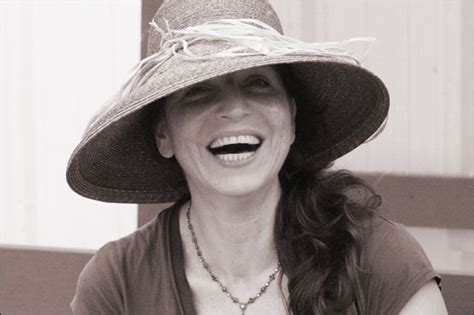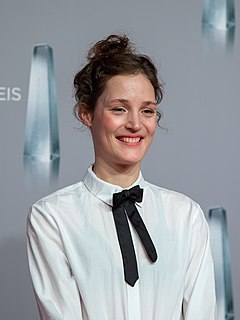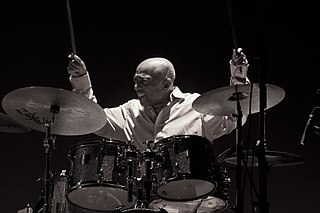A Quote by John Wooden
I believe one of the requirements of good leadership is the ability to listen - really listen - to those in your organization. An effective leader is very good at listening, and it's difficult to listen when you are talking.
Related Quotes
'In empathic listening you listen with your ears, but you also, and more importantly, listen with you eyes and with your heart. You listen for feeling, for meaning. You listen for behaviour. You use your right brain as well as your left. You sense, you intuit, you feel.' ... 'You have to open yourself up to be influenced'.
We should all know this: that listening is not talking; [it] is the gifted and great role and the imaginative role. And the true listener is much more beloved, magnetic than the talker, and he is more effective, and learns more and does more good. And so try listening. Listen to your wife, your husband, your father, your mother, your children, your friends; to those who love you and those who don't, to those who bore you, to your enemies. It will work a small miracle. And perhaps a great one.
We are opinionated society. We're very happy to spout forth our own views; we're not good about listening. We have to listen to other's stories. Learn to listen to the stories of the terrorists just as we hope that they will listen to ours because very often these narratives express frustrations, fears, and anxieties that most societies can safely ignore.
Listening is a very deep practice. You have to empty yourself. You have to leave space in order to listen especially to people we think are our enemies - the ones we believe are making our situation worse. When you have shown your capacity for listening and understanding, the other person will begin to listen to you, and you have a change to tell him or her of your pain, and it's your turn to be healed. This is the practice of peace.
We think of music as this substance that flows - you turn on the tap, and there it is, streaming off your computer - but that's not how we evolved as a species. We evolved to listen to each other, and the reason we're able to listen to music in the terms is talking about is because we're really good at listening to each other. But this kind of technology has allowed us to forget that music is the sound of each other.
There was a lot that was tricky about playing with [Thelonious Monk]. It's a musical language where there's really no lyrics. It's something you feel and you're hearing. It's like an ongoing conversation. You really had to listen to this guy. Cause he could play the strangest tempos, and they could be very in-between tempos on some of those compositions. You really had to listen to his arrangements and the way he would play them. On his solos, you'd really have to listen good in there. You'd have to concentrate on what you were doing as well.





































